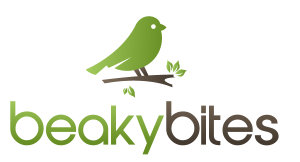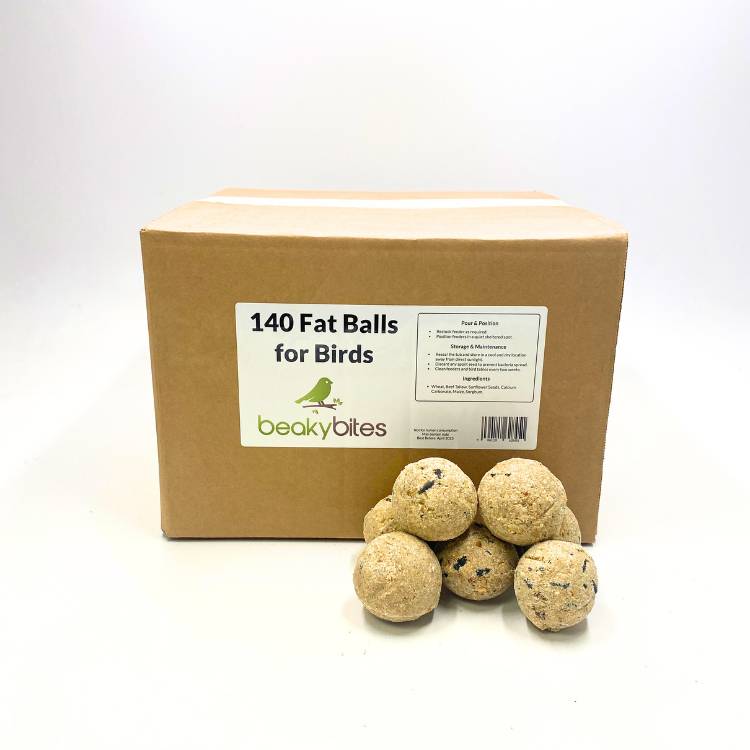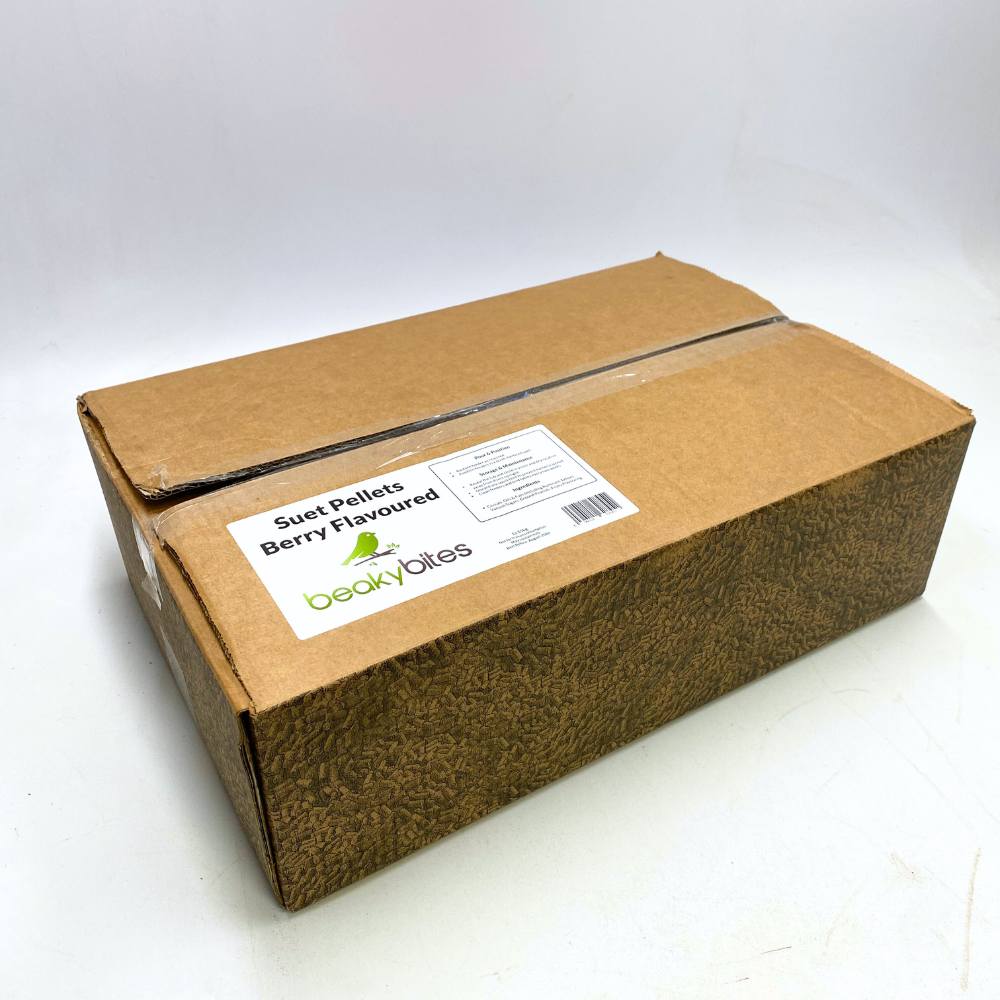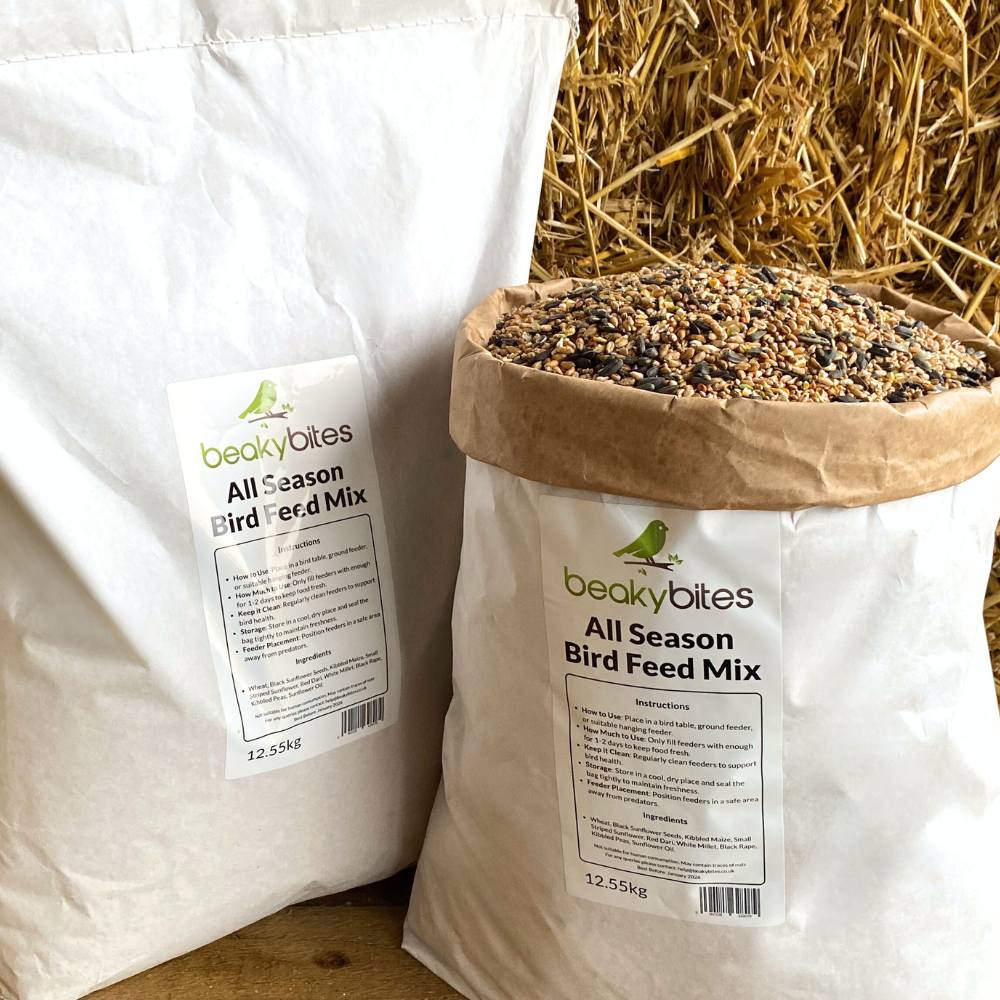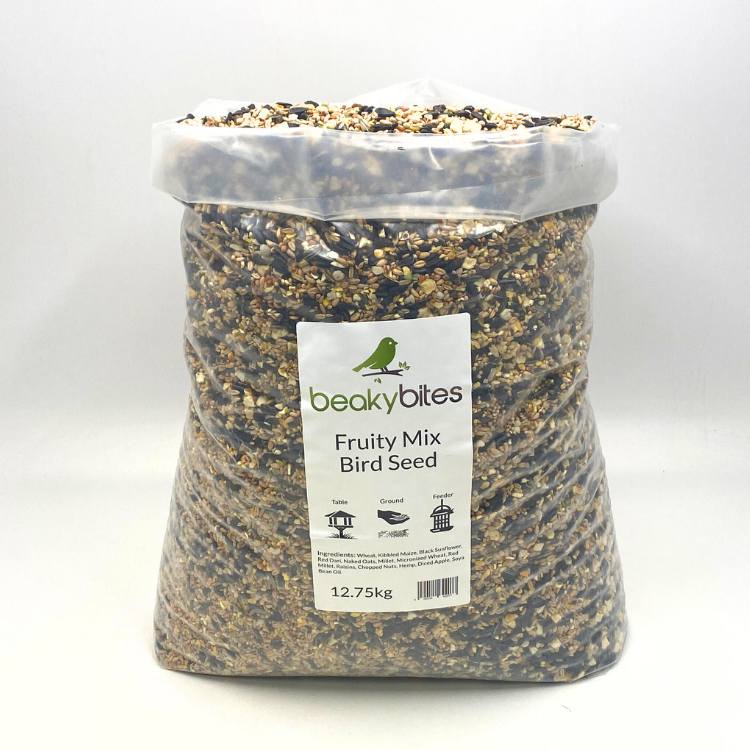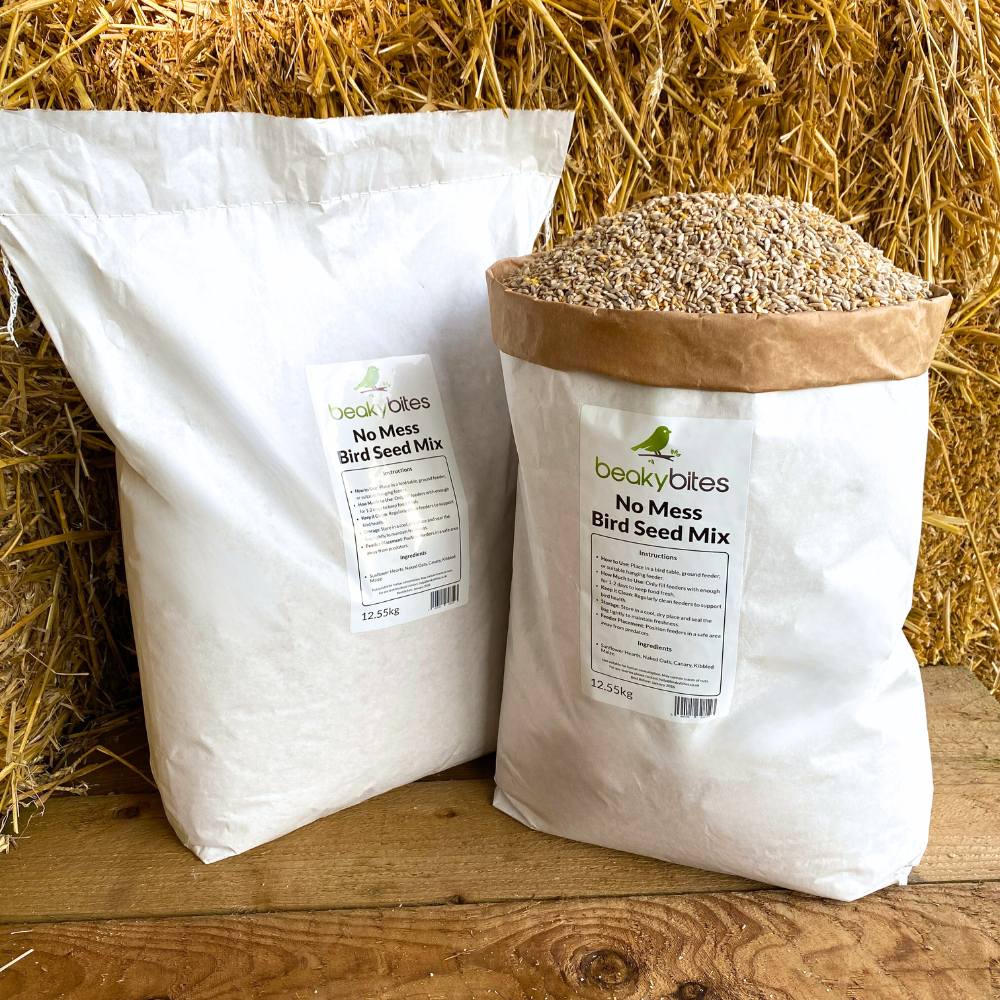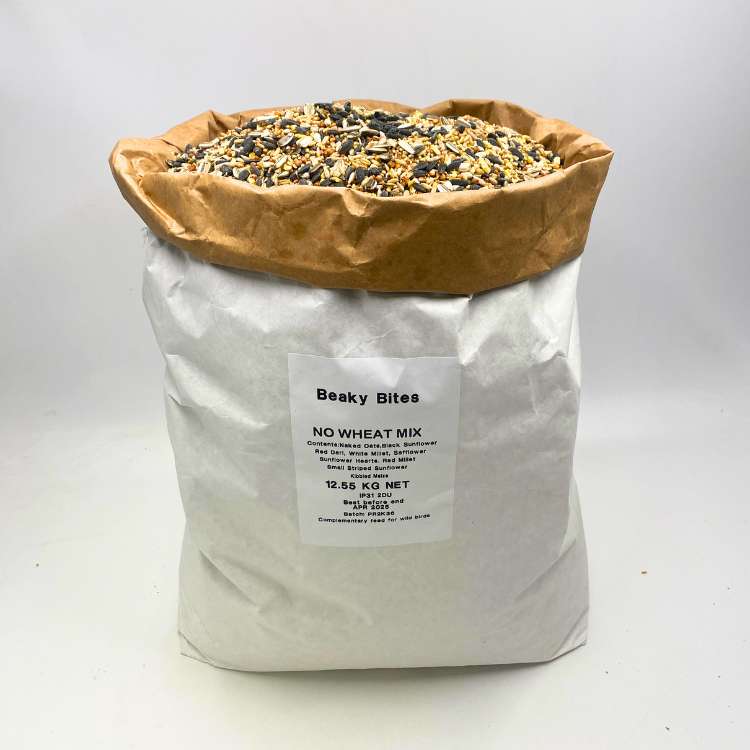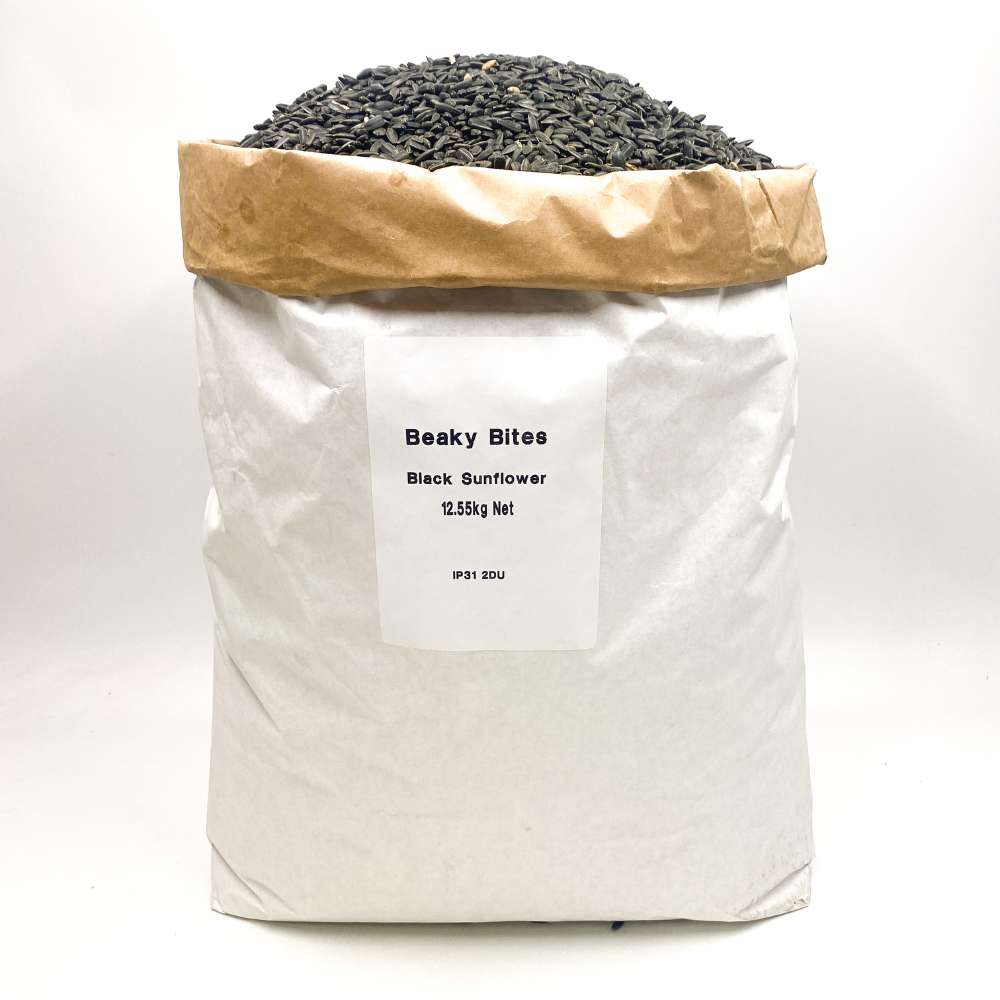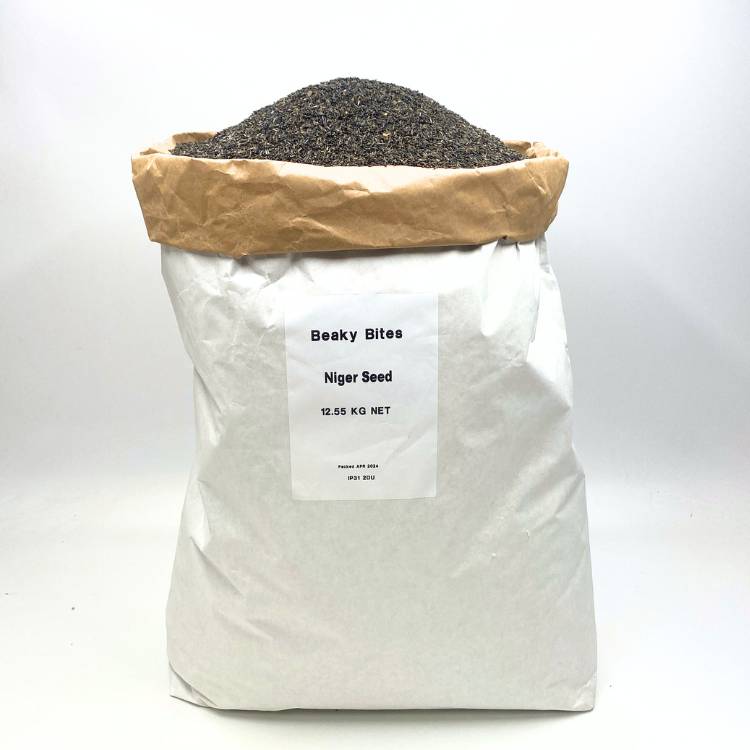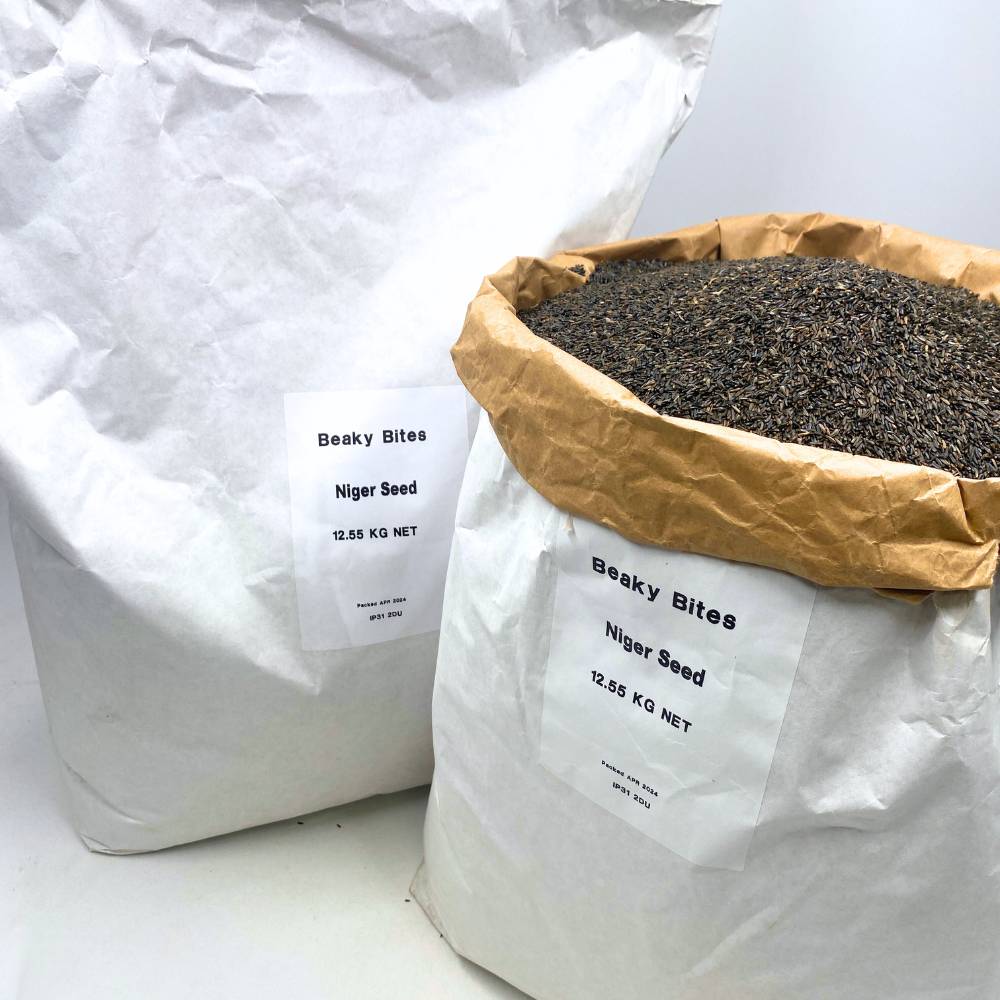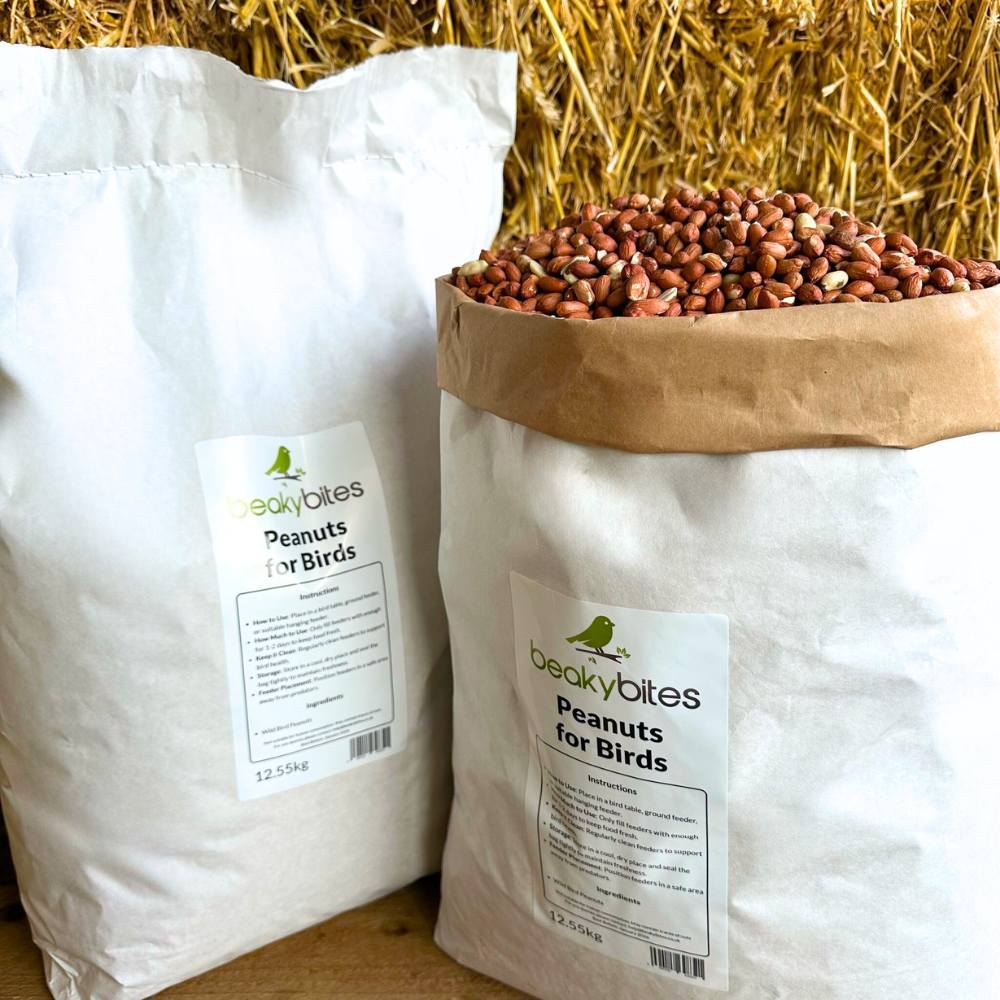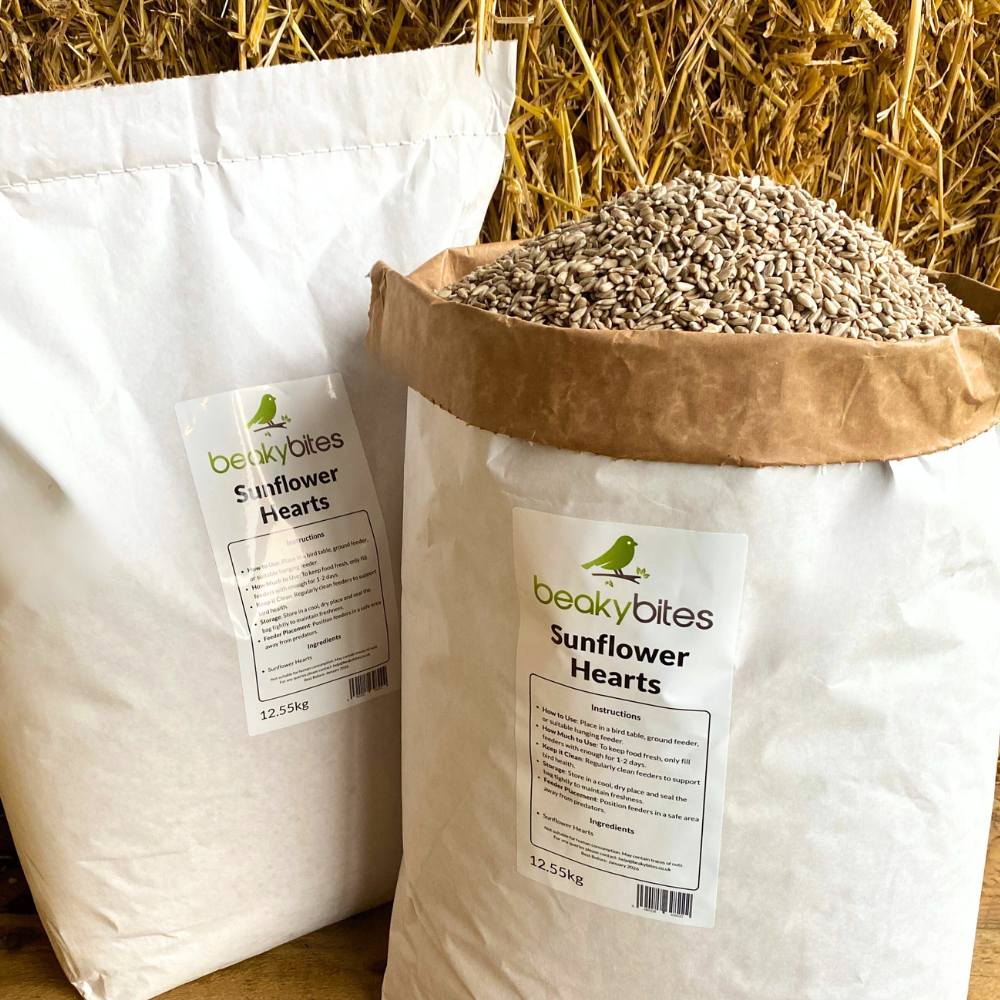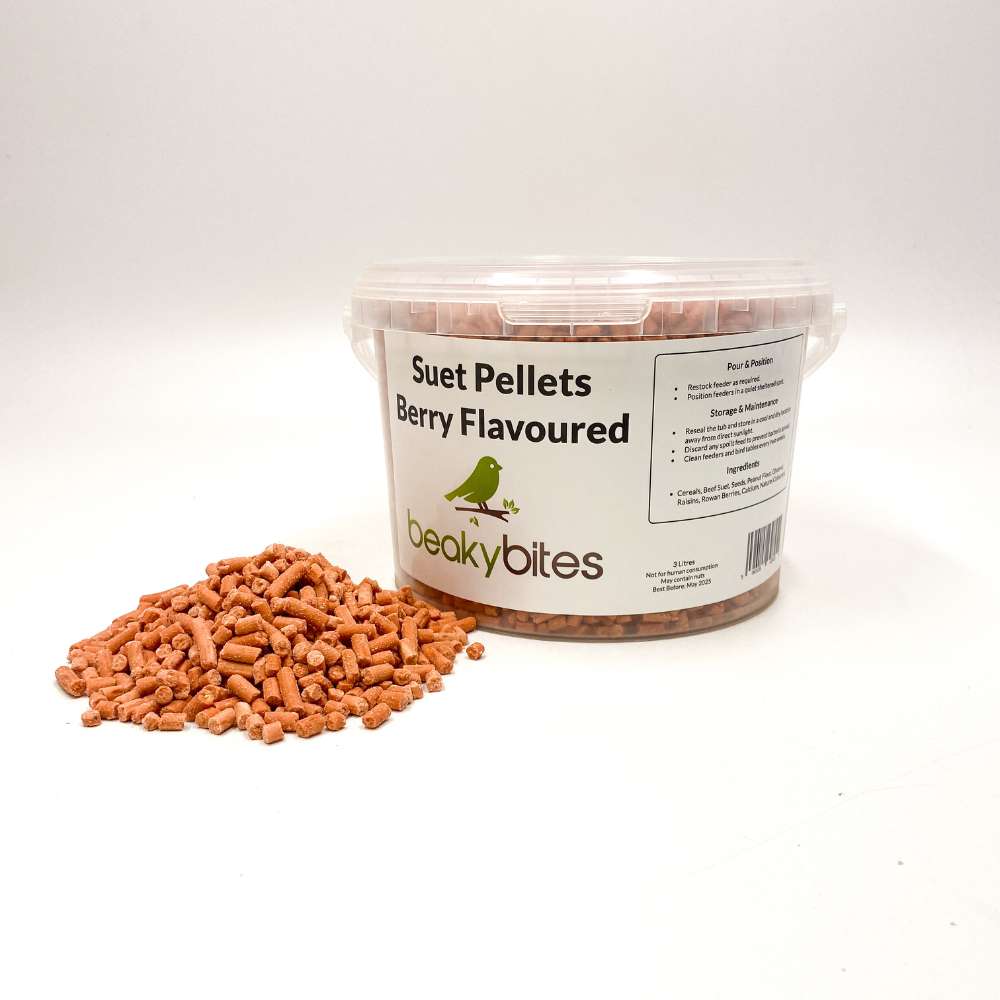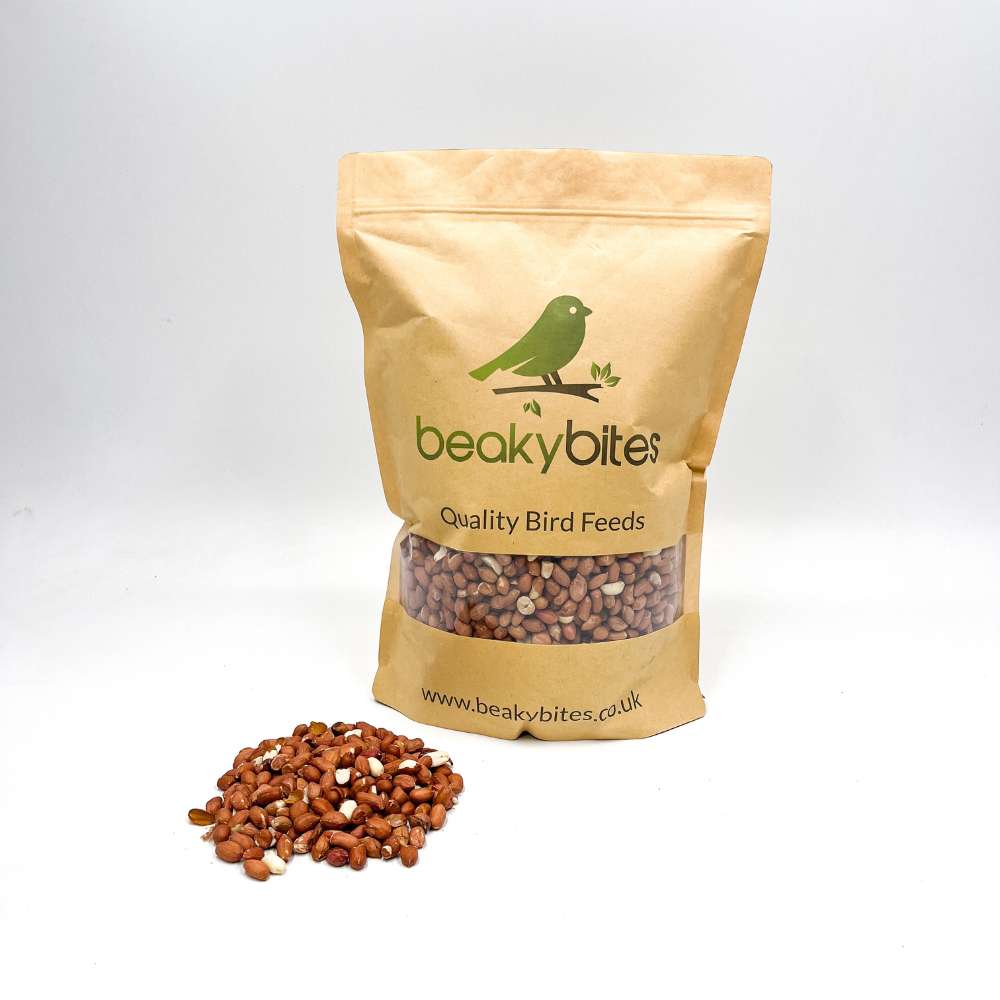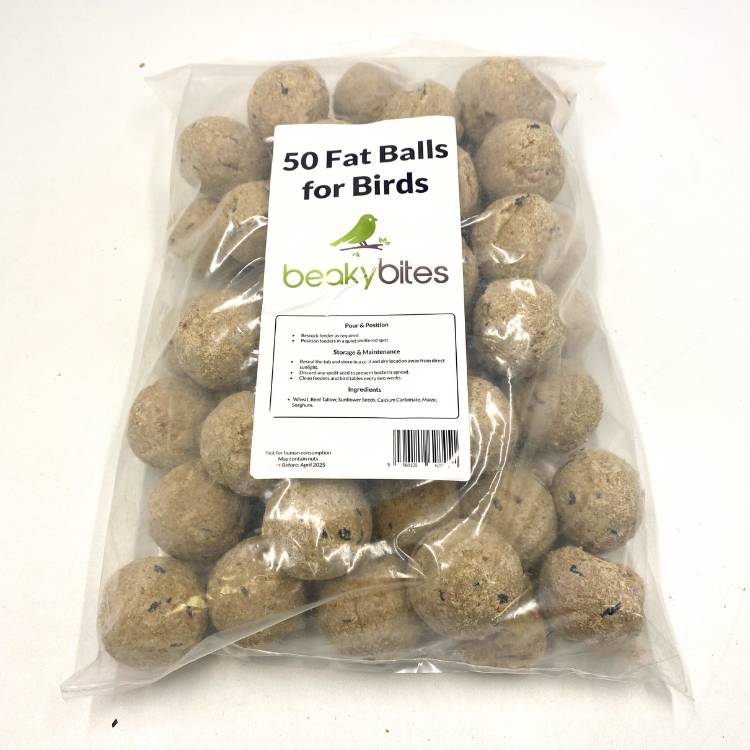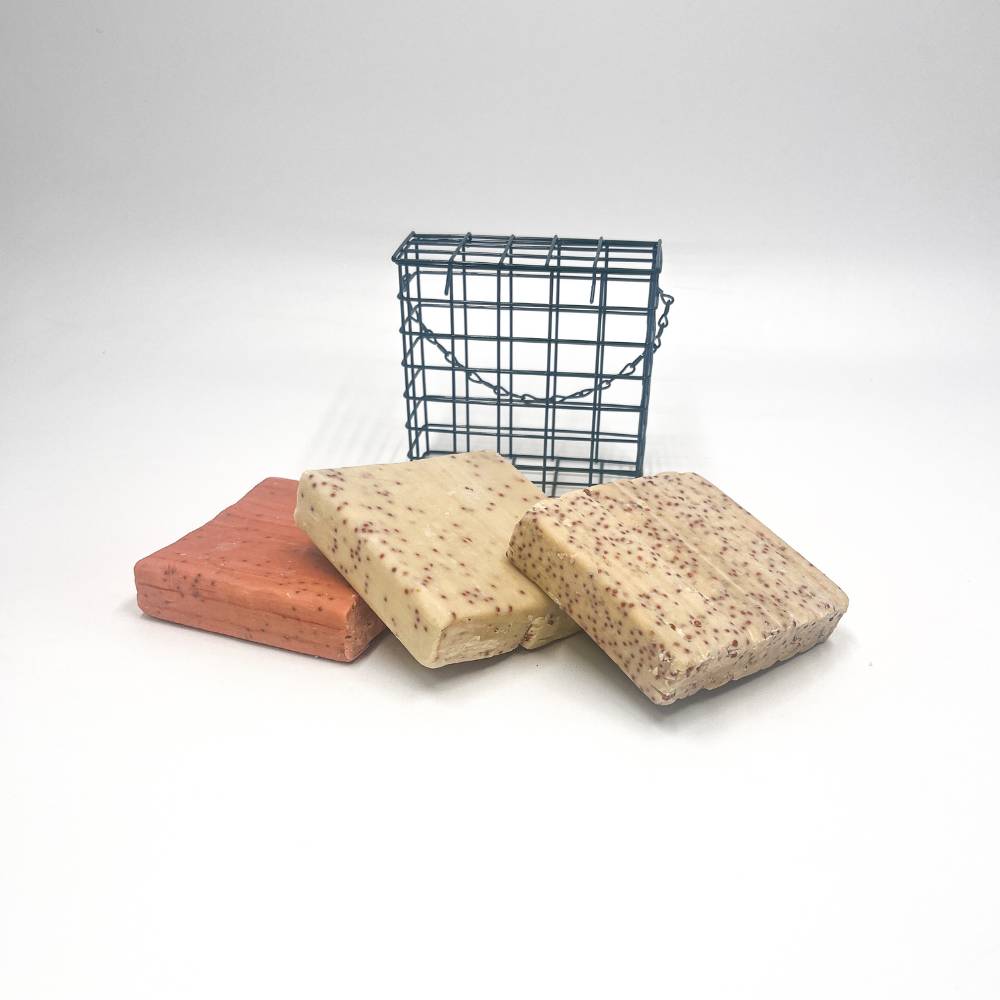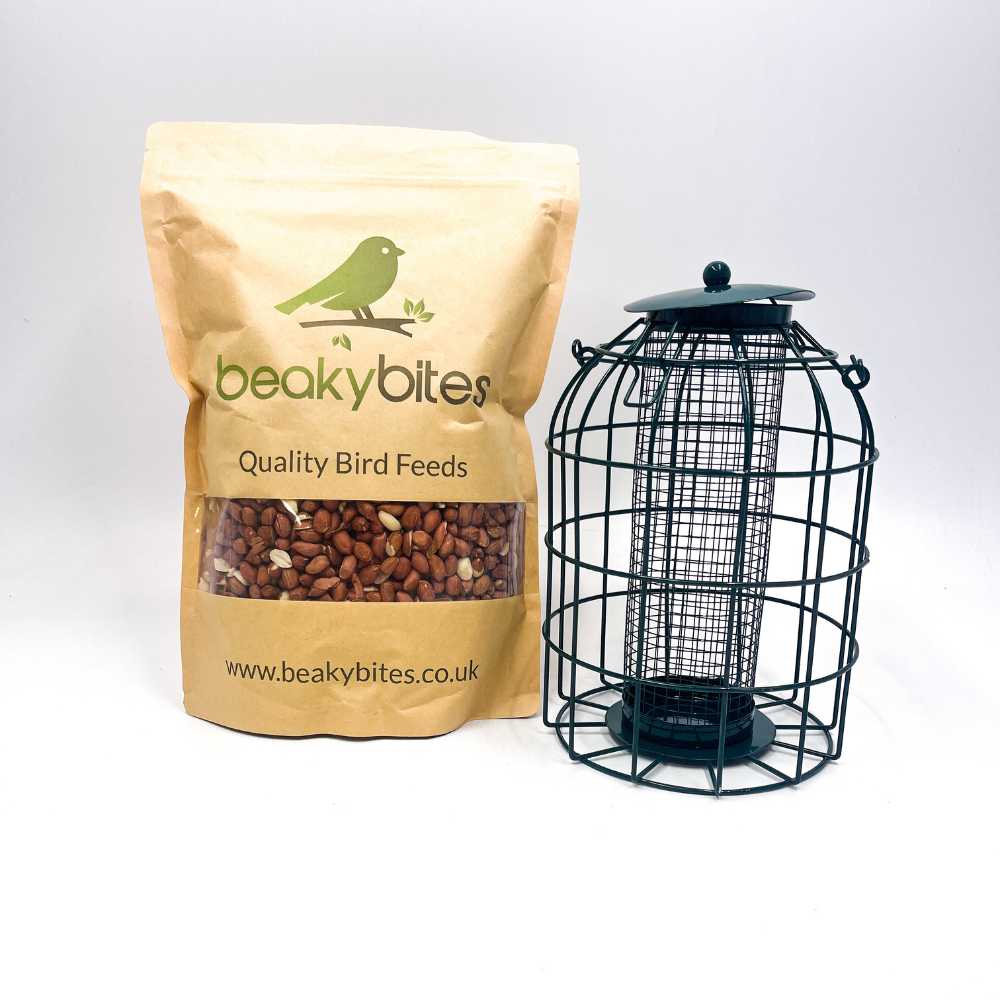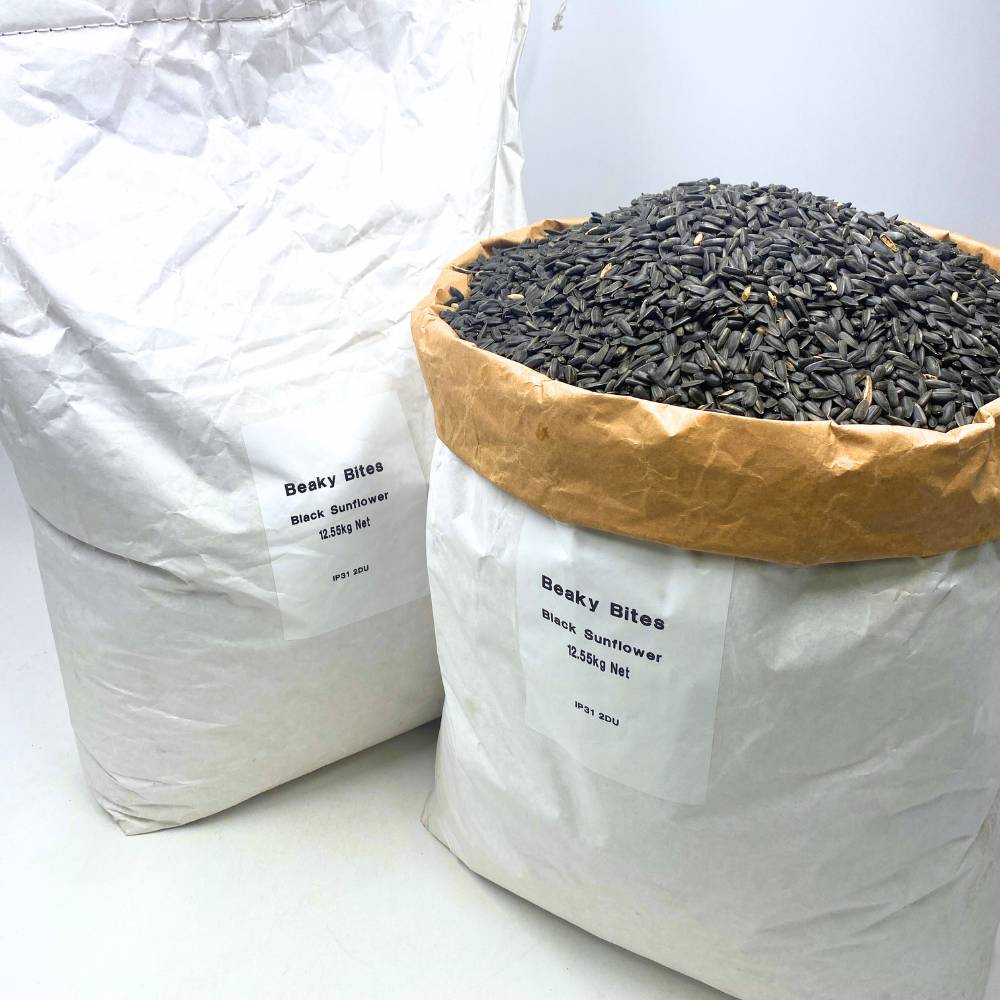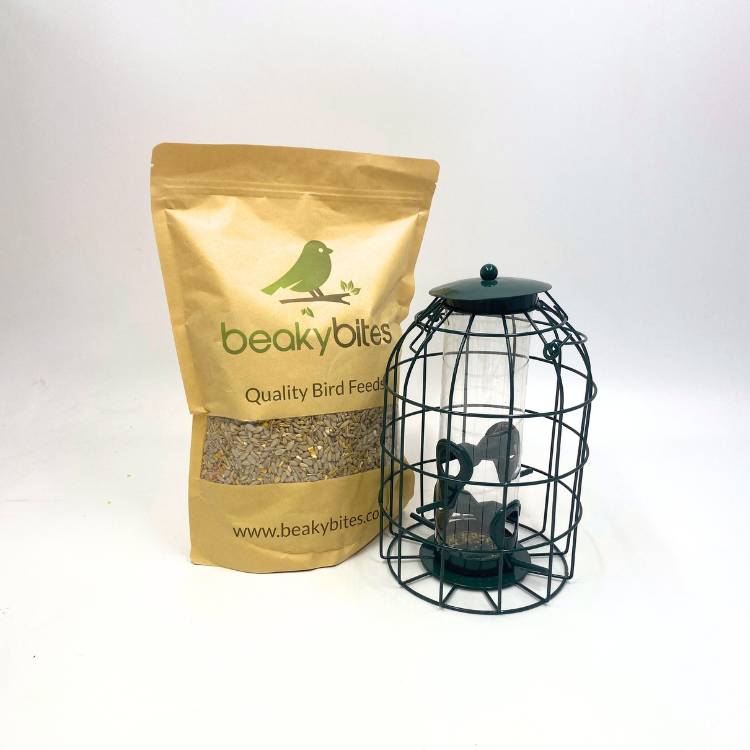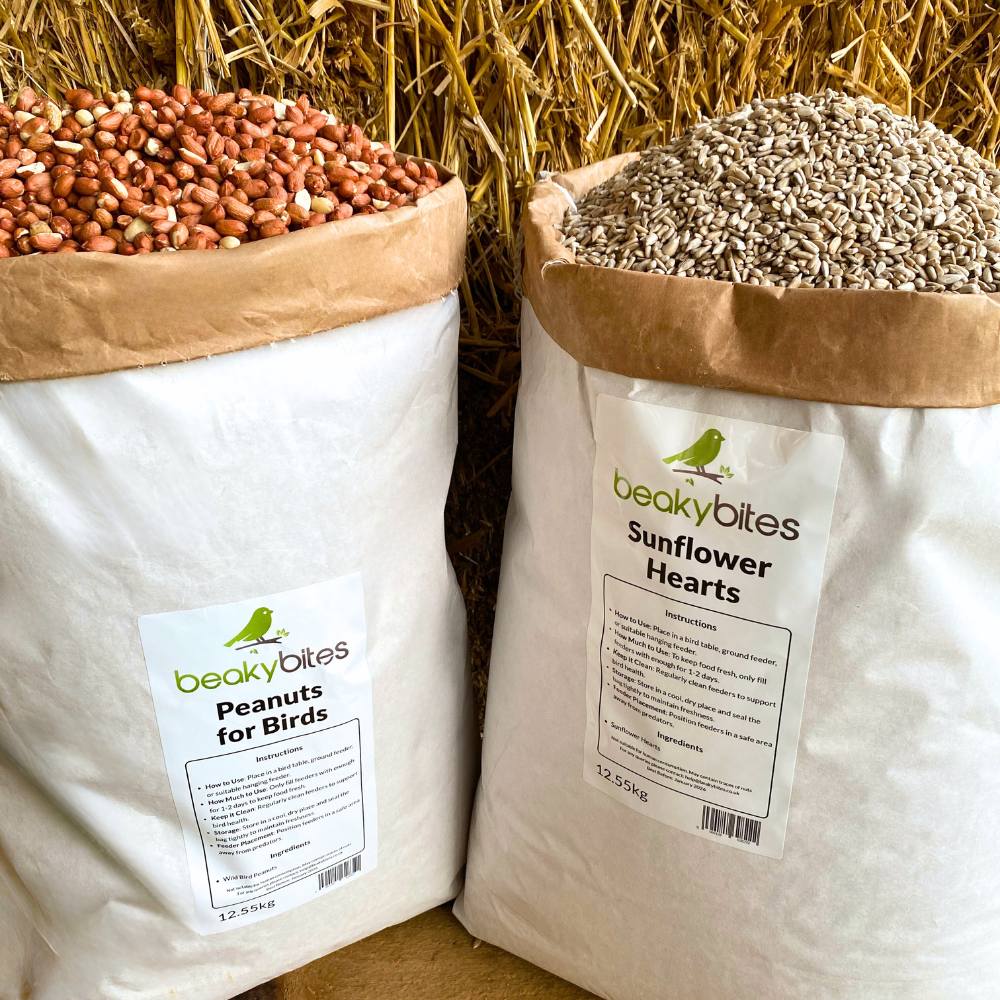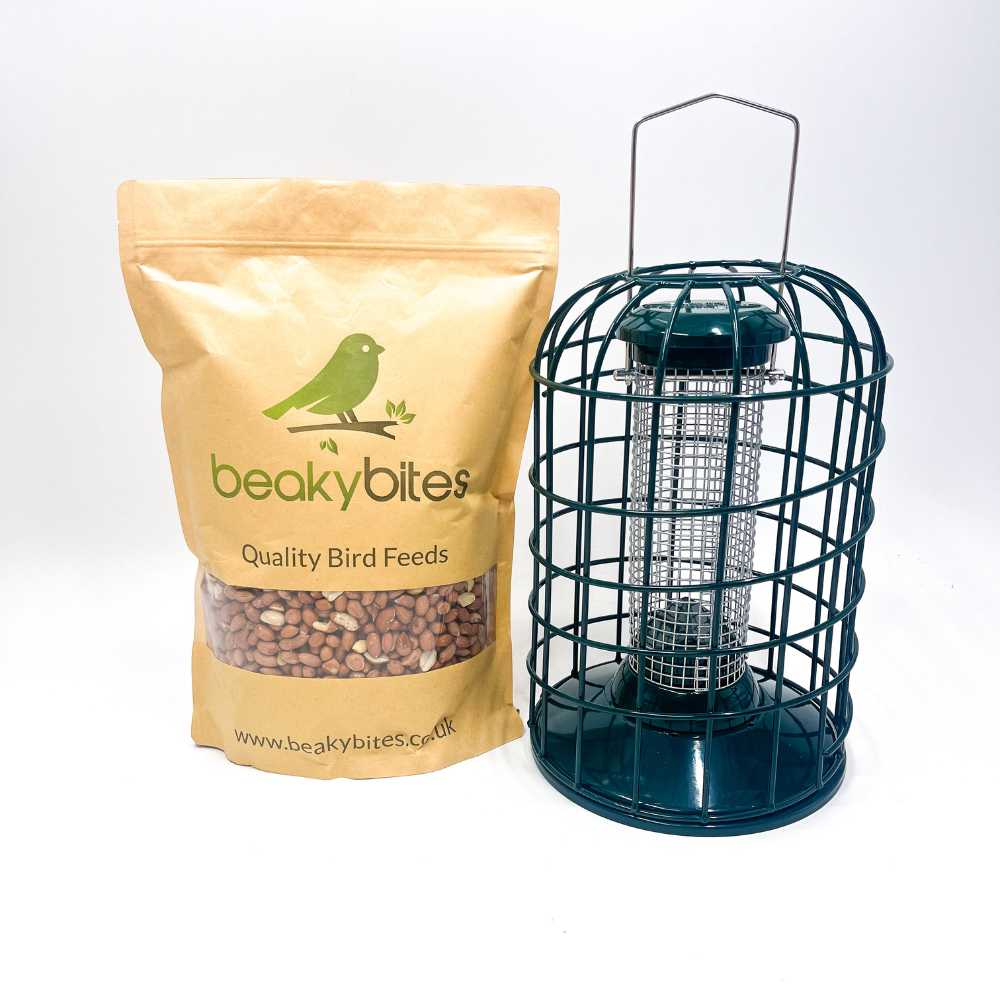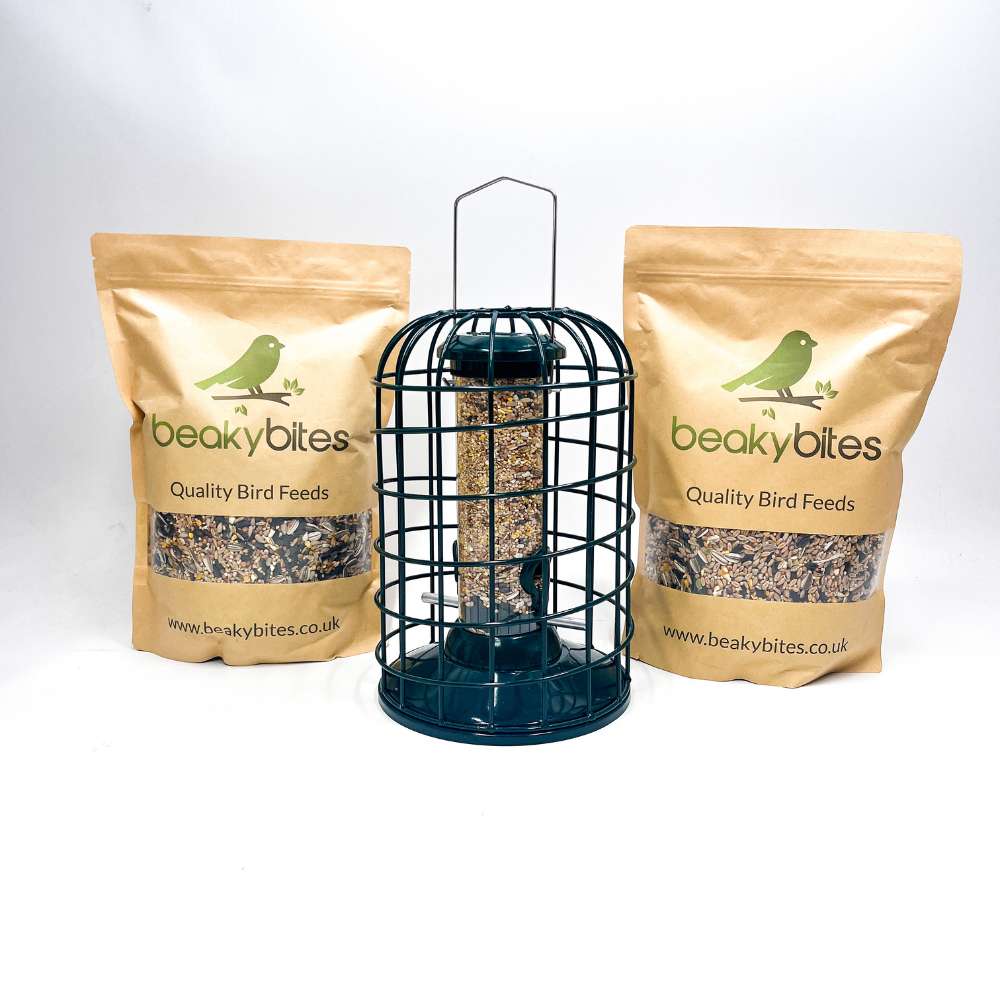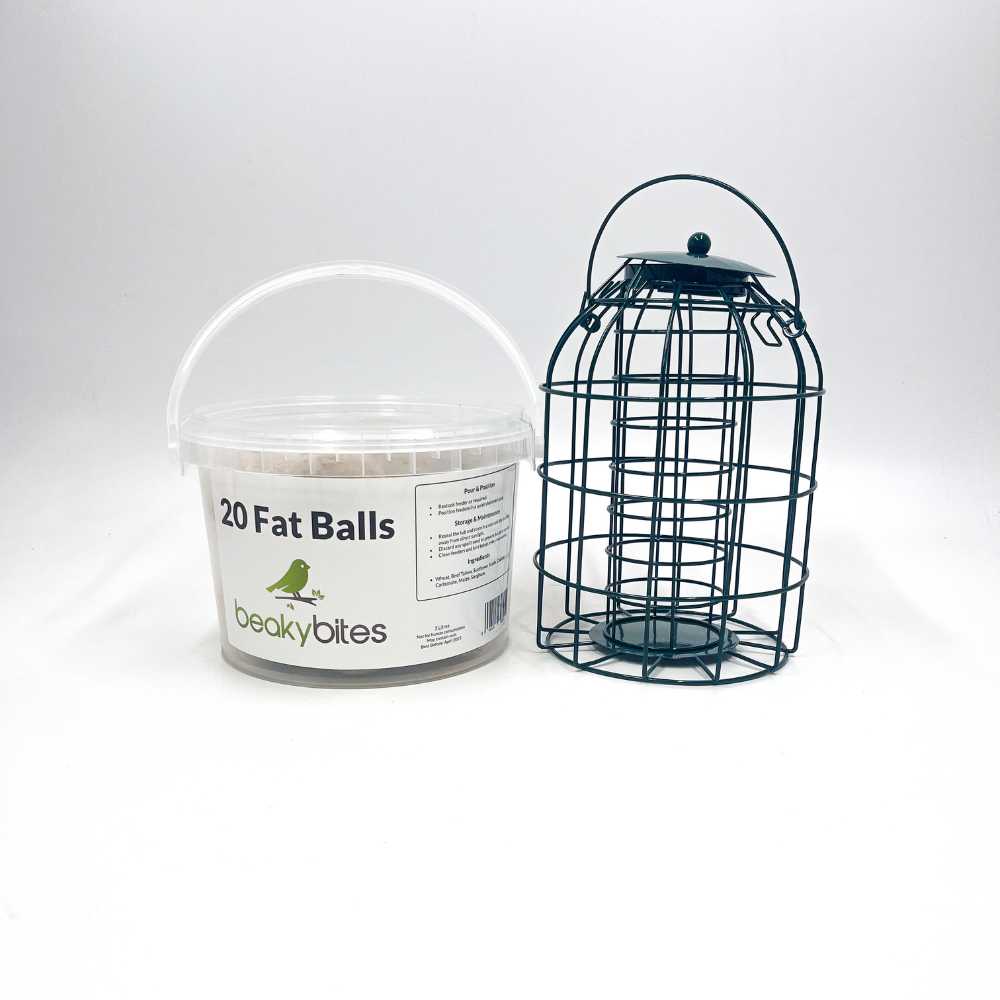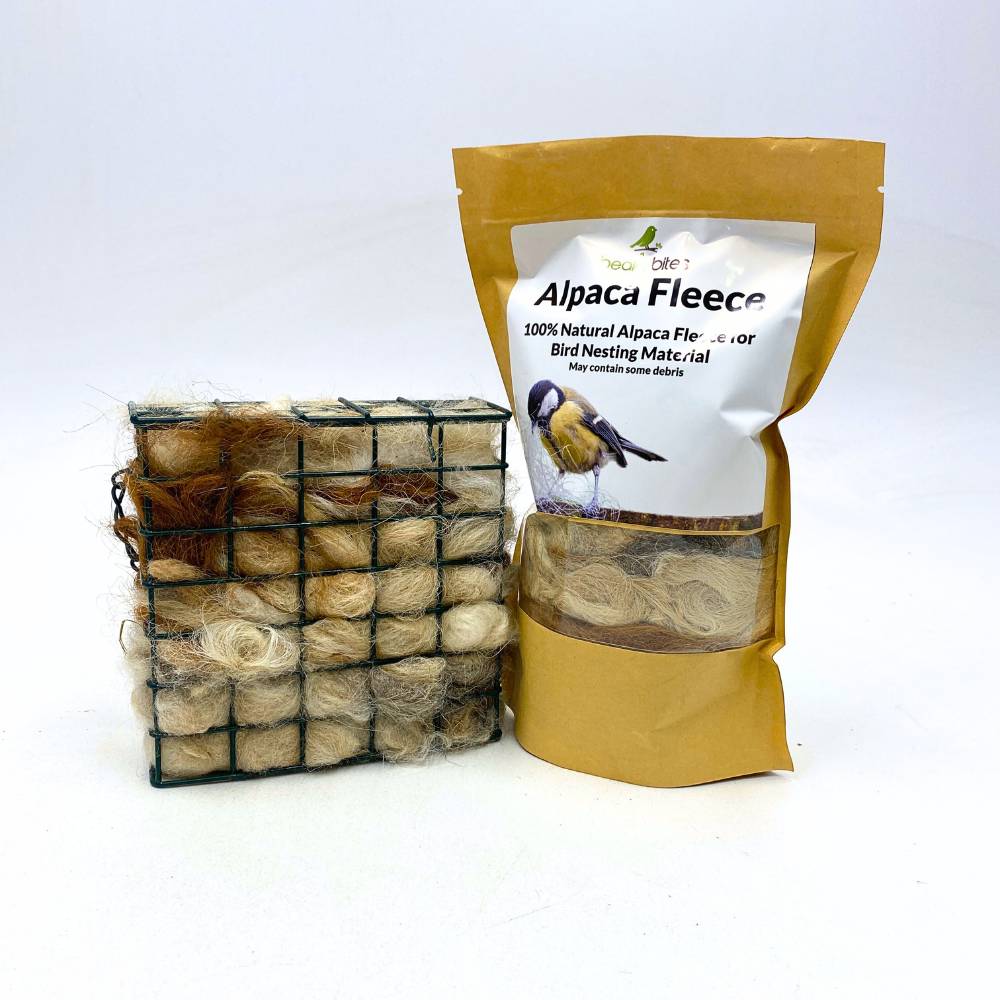Can Birds Eat Pumpkin Seeds - The Best Way to Feed Them
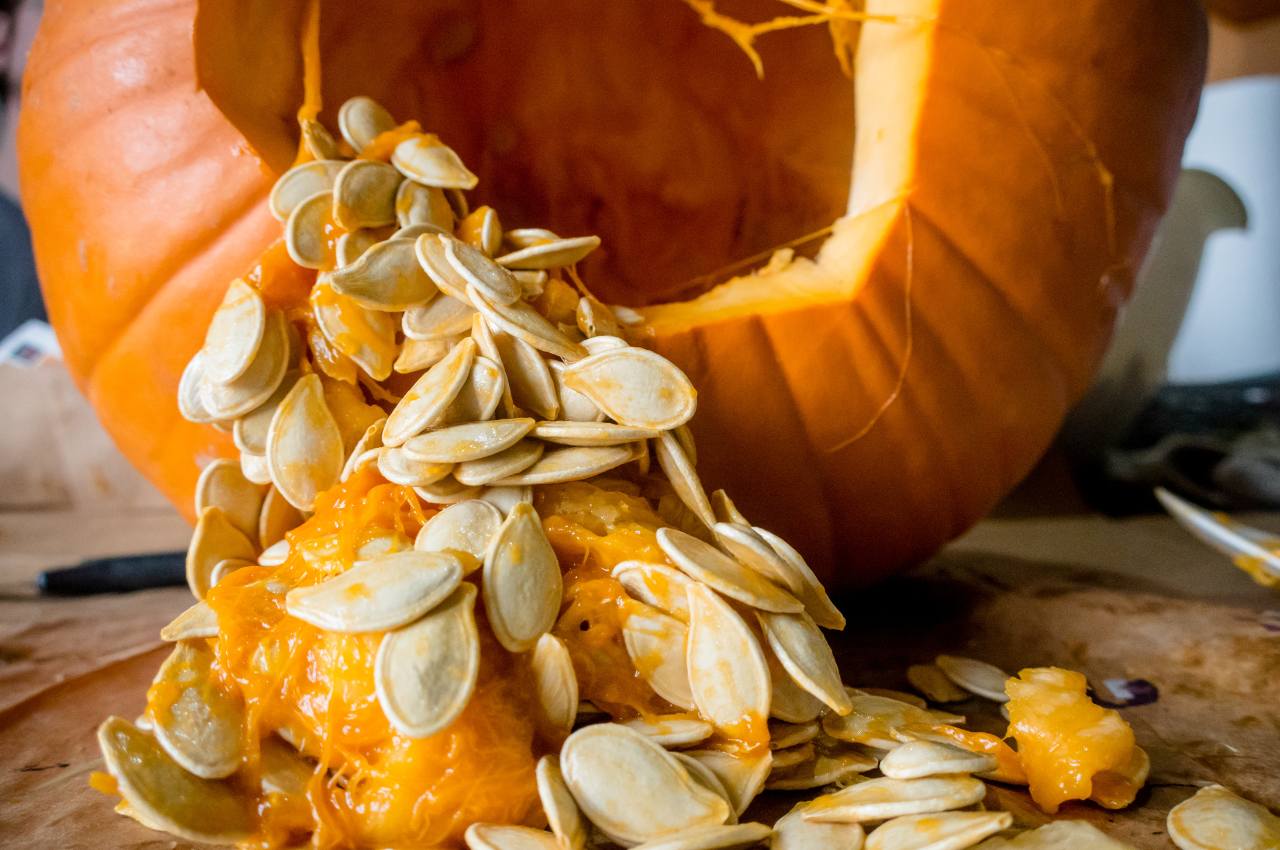
Can Birds Eat Pumpkin Seeds? The Best Way to Feed Them
Can birds eat pumpkin seeds? Yes! They are a healthy and safe snack for wild birds, full of protein, healthy fats and vitamins. In our blog post, we will go into the benefits of pumpkin seeds, how to prepare them and the best way to feed them to your garden birds.
The Basics!
Pumpkin seeds are full of nutrients, protein, healthy fats and vitamins that support bird health and energy especially during winter and migration.
To feed pumpkin seeds to birds you need to clean them, decide if you want to roast or serve them raw and crush them for smaller bird species to make them safe and easy to eat.
Feeding pumpkin seeds to birds can be done by scattering them on the ground, mixing with other seeds or creating pumpkin bird feeders to promote bird diversity and sustainable feeding.
Nutritional Benefits of Pumpkin Seeds for Birds
Pumpkin seeds are a nutritional powerhouse for birds, giving them nutrients and energy. These little seeds are full of protein, healthy fats like Omega-3s that support energy and growth in birds. Fresh, unsalted pumpkin seeds promote a natural diet and overall bird health.
In addition to protein and fats, pumpkin seeds are rich in vitamins A, B and E and minerals like magnesium and iron that are important for bird health. These nutrients are involved in many bodily functions and boost bird vitality and well being.
Knowing how protein and healthy fats benefit our birds helps us feed them better with commercial bird feed.
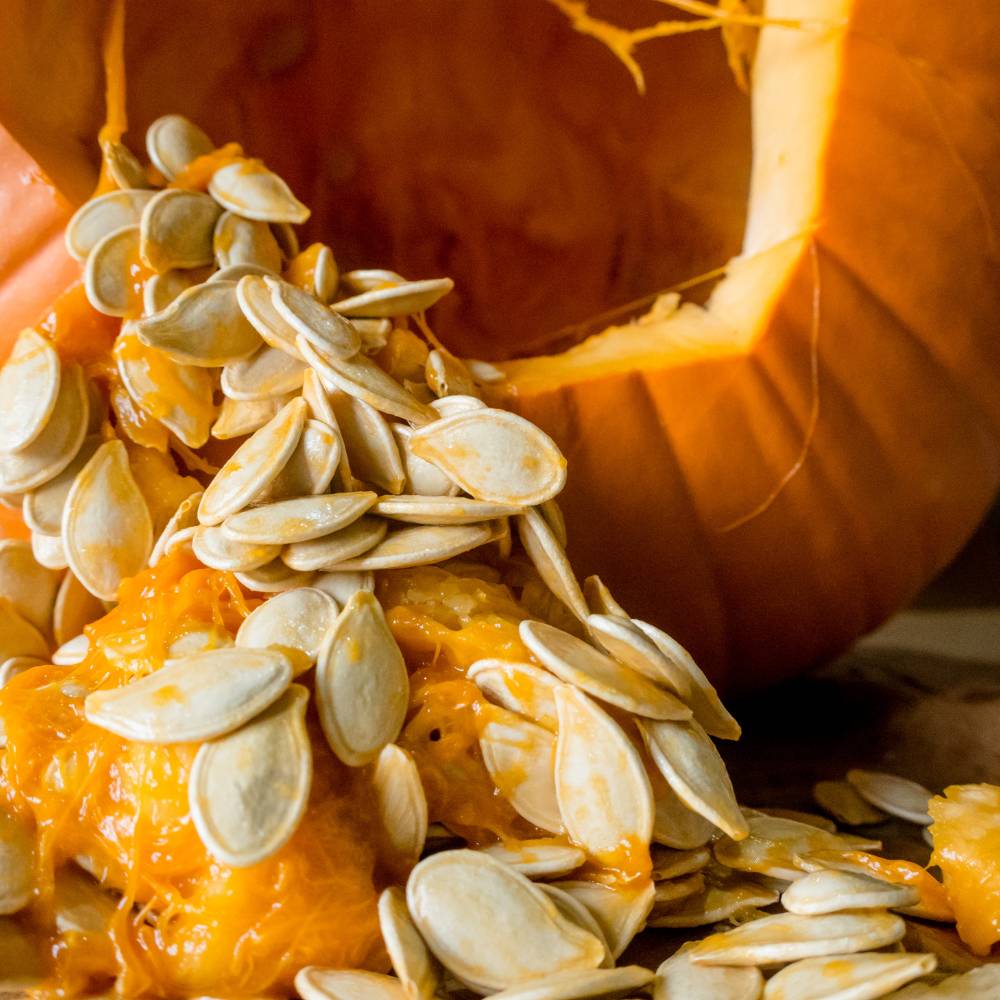
Preparing Pumpkin Seeds for Birds
To prepare pumpkin seeds for your birds you need to follow a few simple steps to make them clean and safe.
Remove the pulp and clean the seeds to avoid any stickiness, this is not harmful for the birds but may deter them.
Birds will love the pumpkin seeds raw, however you can choose to roast them as well. Roasting pumpkin seeds will make them last longer especially in humid conditions. But make sure to roast them without salt or seasoning to make them safe for birds. Roasting will make the seeds more durable but high temperatures may affect some of the nutrients. Roasted pumpkin seeds are a healthy snack option for humans too!
Smaller bird species such as the great tit and robin may need the seeds crushed into smaller pieces to a similar size to sunflower hearts. This makes them easier to eat and ensures even the smallest garden birds can enjoy the benefits of pumpkin seeds. Just break them into small pieces with a mortar and pestle or similar.
Free Delivery Deals
How to Serve Pumpkin Seeds to Birds
You can serve pumpkin seeds to birds in various ways. Try scattering them on the ground, this a simple way that will please ground feeders such as robins and blackbirds, encouraging their natural foraging behaviour. Ensure to crack or break the pumpkin seed first to ensure that it will not get buried and sow itself into your garden.
Mixing pumpkin seeds with your existing bird seeds will add to the nutritional variety offered to garden birds and attract more species to your bird feeders. This will not only increase the overall energy content of the mix but also mimic the birds natural foraging behaviour.
Each method will attract different species and create a bird party in your garden. You can also get creative and make a pumpkin bird feeder using both the flesh and seeds to feed birds.
Providing a perch for birds by placing a stick or dowel in your pumpkin bird feeder will make it more bird friendly. And creating big holes in the pumpkin will give better access to the seeds and flesh.
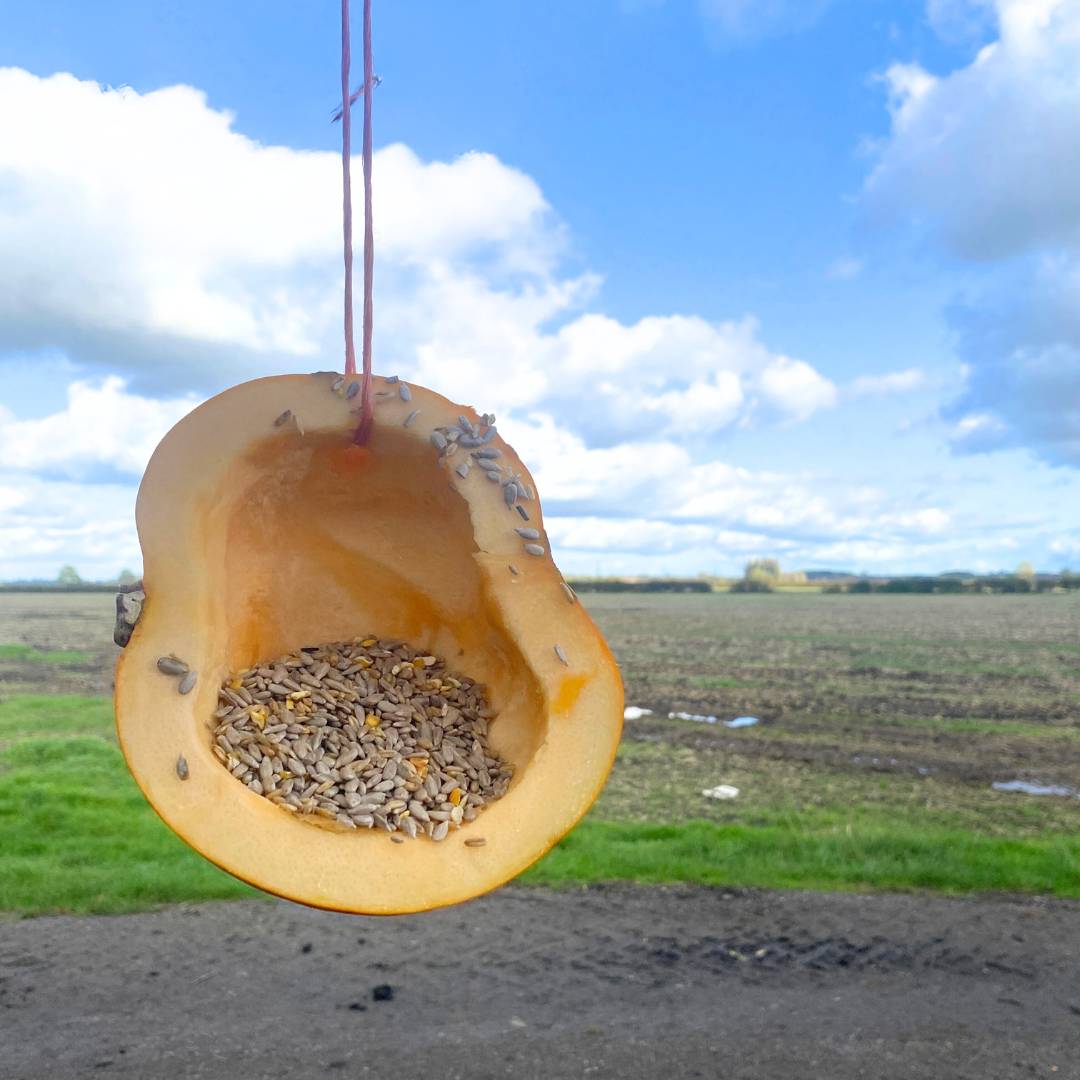
Types of Birds that Eat Pumpkin Seeds
Many birds eat pumpkin seeds, from larger birds like wood pigeons and jays to smaller birds like house sparrows and robins. Bigger birds like blackbirds and jays can crack open whole pumpkin seeds to get at the nutrition within. Whilst the small birds such as the robin and great tit, may need your help to crack them open.
These seeds are especially valuable during colder months as they provide nutrients and energy, which can be hard to find once natural food sources become scarcer over winter months.
Safety Considerations
When feeding birds pumpkin seeds make sure they are plain and free from salt or spices as added seasonings can harm wild birds. Check regularly if the seeds have gone mouldy as it can be toxic to birds and other wildlife.
To reduce waste and prevent pests scatter pumpkin seeds in small amounts, topping up regularly.
Conclusion
Feeding birds pumpkin seeds is a great way to give them nutrients and energy. From preparing the seeds to offering them in different ways there are many benefits for birds and the environment. By using old pumpkins and other varieties such as winter squashes creatively you can support local wildlife and reduce food waste.
Add pumpkin seeds to your bird feeding routine this year and attract different bird species to your garden and enjoy your birdwatching. Next time you carve a pumpkin remember the seeds can be a treat for your feathered friends. Happy birding!
Frequently Asked Questions
Can all birds eat pumpkin seeds?
- Answer: Yes, all birds can eat pumpkin seeds but smaller birds may need them crushed into smaller pieces.
Should I roast pumpkin seeds before feeding them to birds?
- Answer: Yes, roasting pumpkin seeds will make them last longer but skip the salt or any seasoning when feeding them to birds.
How do I prevent pumpkin seeds from going mouldy?
- Answer: To keep your pumpkin seeds from getting mouldy store them in a cool dry place and don’t clump them together. Simple trick to keep them fresh and tasty!
Can I mix pumpkin seeds with other bird feed?
- Answer: Yes, mixing pumpkin seeds with other bird feed will add nutritional variety and attract more birds to your yard. Try it out and see your feathered friends enjoy the buffet!
What are the environmental benefits of feeding birds pumpkin seeds?
- Answer: Feeding birds pumpkin seeds will reduce food waste and support local wildlife and biodiversity. Win-win for you and the environment!
